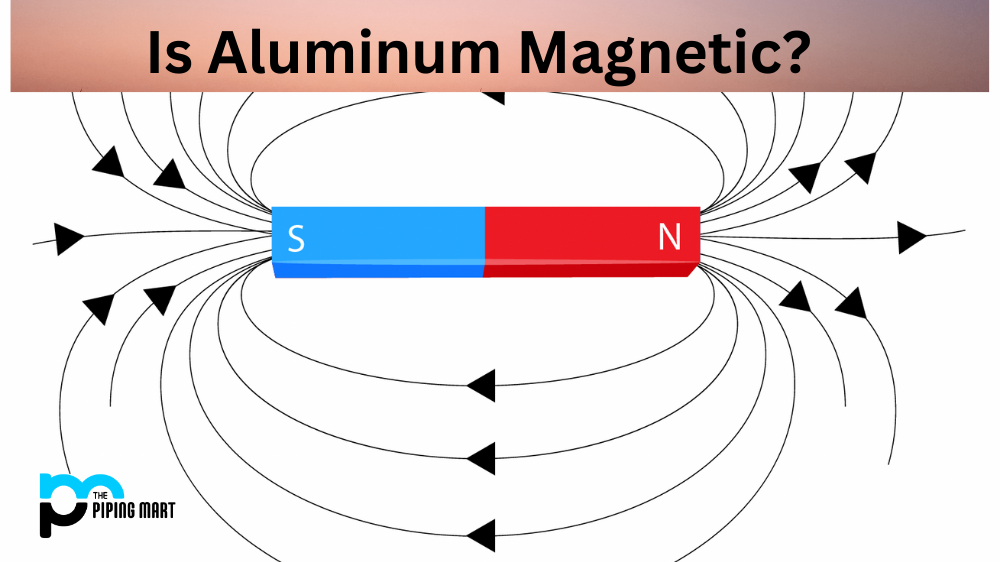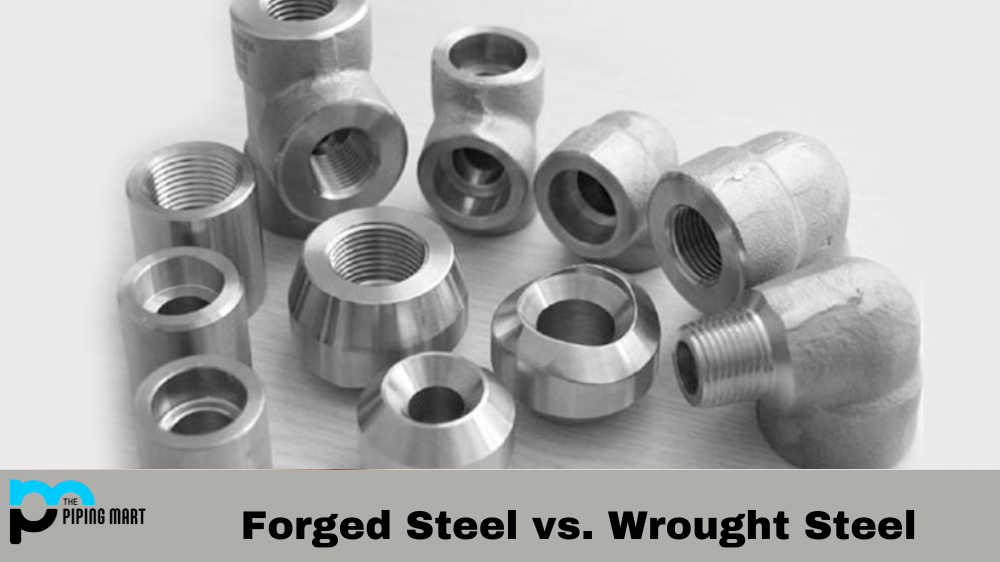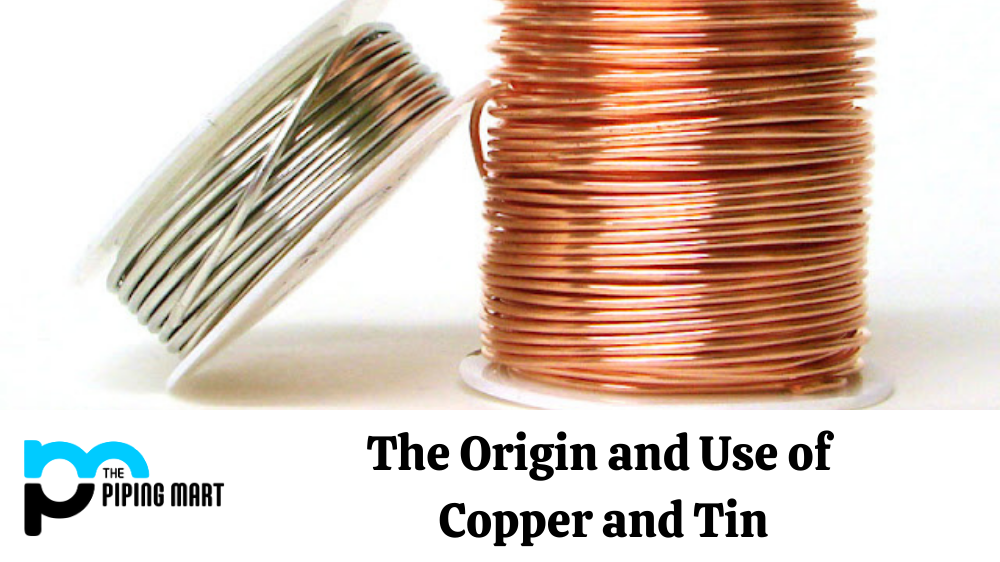Ever since its discovery in 1825, aluminum has been one of the most widely used metals on the planet. But one of the biggest questions surrounding aluminum is this: is it magnetic or nonmagnetic? The answer may surprise you. Let’s take a closer look at the properties of aluminum and how they affect its magnetic state.
Everyone knows that magnets attract metal objects, but did you know aluminium is not one of them? Surprising as it may sound, aluminum is actually a non-magnetic metal, meaning it cannot be affected by a static magnetic field. This is because aluminium has a higher valence electron count than the other metals which are attracted to a magnet and thus create stability within atoms. Despite aluminium not being magnetic, it still has many uses – from common aluminium foil to the construction of aircraft. While aluminium is naturally found in ore form, certain properties can be added to an aluminium product through smelting and alloying processes. Thus, aluminium remains as an important material impacting modern life in various ways.
Properties of Aluminum
Aluminum is a lightweight metal that can be found in nature as a component of minerals such as bauxite and cryolite. It is easily malleable and ductile, meaning it can be shaped into different forms without breaking. In addition, aluminum has excellent conductivity, making it ideal for use in electrical wiring and other applications where electricity needs to be transferred with minimal resistance.
But what about its magnetic properties? The answer depends on what kind of aluminum you’re dealing with. Pure aluminum (100% Al) is actually not magnetic—in other words, it doesn’t produce a magnetic field on its own, nor does it interact with magnets or other magnetic materials. However, alloyed aluminum (aluminum that has been combined with other metals) can be slightly magnetic depending on the types and amounts of other elements that have been added to it.
For example, if an alloy contains iron or nickel, then it will generally act like a magnet when placed in close proximity to another magnet (although not always). On the flip side, alloys that contain copper or manganese tend to be nonmagnetic even when placed near magnets. So when deciding whether or not an alloyed aluminum is magnetic, you’ll need to determine which elements have been included in the mixture before drawing any conclusions.
Conclusion
In conclusion, pure aluminum is not magnetic, but certain alloys may display slight magnetism depending on their composition. This means that if you’re using aluminum for an application that requires some degree of magnetism (such as electrical wiring), then you should check what type of alloy you’re using before proceeding further so that you don’t run into any unexpected issues down the line. Knowing whether your aluminum is magnetic or nonmagnetic can help ensure your project runs smoothly from start to finish!

Pipingmart is B2B portal specializes in industrial, metal and piping products. Also, share latest information and news related to products, materials and different types grades to help business dealing in this industry.




